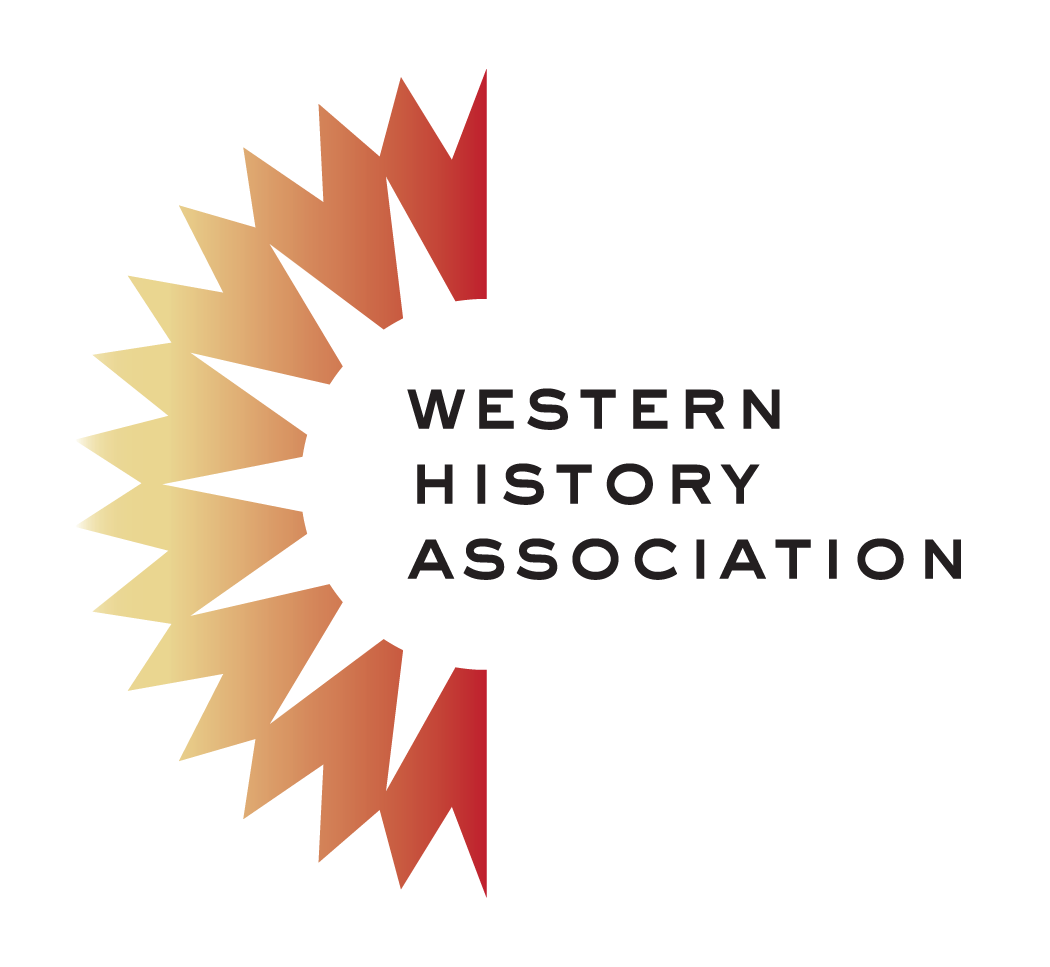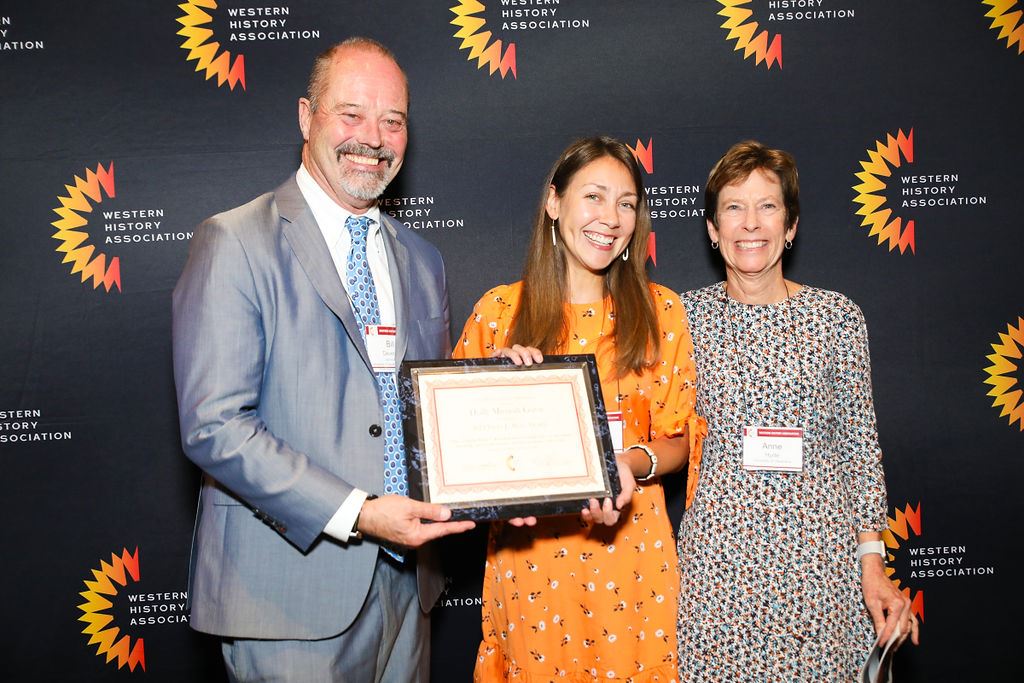BACKGROUND: OSCAR O. WINTHER Oscar O. Winther (1903-1970) was a scholar of western transportation and the second President of the Western History Association, from 1963 to 1964. After several years as a curator at the Wells Fargo collection and visiting positions at Stanford and the San Jose Adult Education Center, Winther served on the faculty of Indiana University. He was a dean at Indiana’s graduate school for a decade and in 1965 was named a University Professor. Later in his career he was also a visiting professor at New Mexico, Johns Hopkins, and Stanford. Winther was also active beyond the WHA, serving as president of the Oral History Association and as the managing editor of the Mississippi Valley Historical Review when it became the Journal of American History. Born outside of Weeping Water, Nebraska to Danish immigrants, as a young man Winther moved to Oregon with his family. He received his B.A. from the University of Oregon and worked in canneries and taught high school for a few years in order to save money for graduate school. He received his M.A. from Harvard in 1926 and his Ph.D. from Stanford in 1934. Winther’s dozen books, seventy articles, and more than one hundred book reviews covered a wide swathe of historical terrain. His core interest, as represented by Express and Stagecoach Days in California (1936) and The Transportation Frontier: Trans-Mississippi West, 1865-1890 (1964), was nineteenth-century western transportation, particularly the ways in which stagecoaches, wagon trails, railroads, and steamships shaped the economy and society of the U.S. West. He also published on the Pacific Northwest, especially in The Great Northwest (1947), and on Danish agricultural and political history. Winther prided himself not only on his scholarship, but also on writing for the general public, as in Via Western Express and Stagecoach (1945), and on the extensive bibliographic work that resulted in the publication of three bibliographies of periodical literature pertaining to the West. Authored by: Benjamin H. Johnson, University of Wisconsin, Milwaukee. Sources: Bonny O. Van Orman and Richard A. Van Orman, “Oscar O. Winther,” in Historians of the American Frontier: A Bio-Bibliographical Sourcebook, ed. John R. Wunder (New York: GreenwoodPress, 1988): 736-744. |

.png)
.png)
